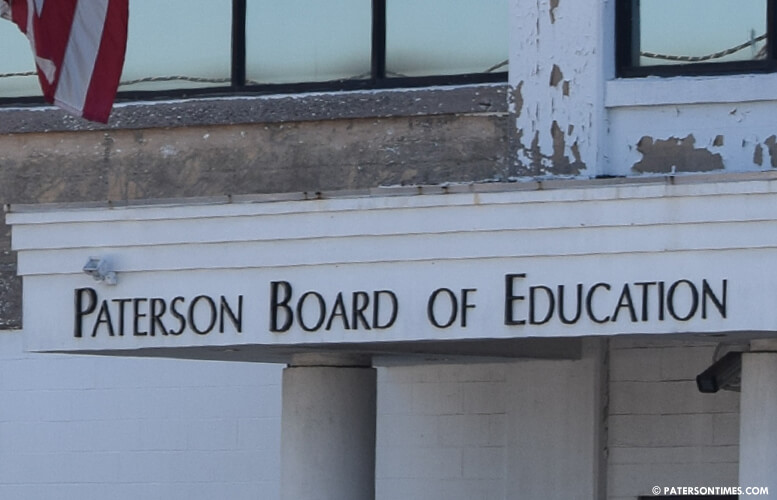After a long discussion on the school budget, the city’s school board on Wednesday night instructed state-appointed district superintended Donnie Evans to eliminate the two-percent property tax increase in the preliminary budget.
Two-percent property tax increase was expected to generate $829,000 in revenue to fill a budget gap of $33 million in the 2017-18 school budget, according to information the superintendent provided to the school board.
“I just can’t see how we as a district can justify it,” said board members Lilisa Mimms talking about the tax hike. She and some of the other board members were not aware of the two-percent tax increase in the preliminary budget last week, when the board voted and approved the preliminary budget.
The district did not provide copies of the budget to board members prior to the vote. Evans said his office was directed by the state not to release the budget until it is approved by the Passaic County executive superintendent of schools.
Evans offered the board the opportunity to inspect an abridged version of the budget called the “user-friendly budget” at the district headquarters. His office submitted the preliminary budget to the county superintendent earlier in the month and is waiting for approval.
Evans said the district has closed the $33 million budget gap by using surplus of $17.6 million from the current year, reducing consultants’ budget by $710,000, cutting $1.8 million from elementary schools, reducing $1 million in administrative cost at high schools, eliminating $3 million worth of school level positions, creating in-house special education program to save $4.3 million, and reducing courtesy bussing by $930,000.
The district is also creating $1.2 million in savings by postponing technology upgrades. Its also relocating an alternative education program to save $1.2 million and the newcomers program to save another $1 million. The district is slashing $75,000 from its twilight program, relocating credit recovery to save $84,246, according to a memo Evans provided to the board.
Evans said the district will also layoff some school level employees. Deputy superintendent Eileen Shafer said 35 to 60 positions could be impacted by the reduction in force. She would not rule out reductions in the classrooms.
In all, reductions will create $33.76 million in savings, according to the district.
The district has laid off hundreds of employees over the past two years due to budget cuts. The three biggest drivers of the budget shortfall are charter school expansion, health benefit expenses, and labor agreements. Charter school expansions will cost the district $11 million. Health benefits, $11 million. And collective bargaining agreements, $6 million.
Evans said the state’s flat funding of the district for the past eight years has not helped. “It’s taken a toll on our budget,” he said. He said there also is a “slight” reduction in federal Title 1 funding, money distributed to schools that educate America’s poorest students.
Hodges said the reduction in federal money could be far worse under education secretary Betsy DeVos. She is expected to redirect $20 billion in Title 1 money to fund school choice vouchers that families can use to pay for private or parochial schools, according to news reports. The district received $16.5 million in Title 1 funds this school year, according to district budget documents.
Hodges said a lot of district programs depend on Title 1 funding.
Evans’ administration proposed a $451 million budget for 2017-18 school year.
School board members heard from several residents at the budget meeting. Assemblyman Benjie Wimberly opposed the tax increase in the budget.
“We cannot even entertain raising any taxes on the residents of Paterson. If you ride through our town, even the more affluent neighborhoods — Eastside, Hillcrest, or Lakeview — you see abandoned and boarded up houses,” said Wimberly. With a median household income of $33,000, one of the lowest in New Jersey, Paterson homeowners can hardly afford to pay big tax increases every year, said Wimberly. He listed the large municipal tax hikes local taxpayers shouldered over the years.
The school district proposed to increase taxes by 27-percent last year. It ended up raising school taxes by 6.4-percent.
“I feel each year [homeowners] are getting hit with the tax levy,” said board member Nakima Redmon. “We can’t keep asking our local people. We have to do better than this.”
Email: [email protected]
